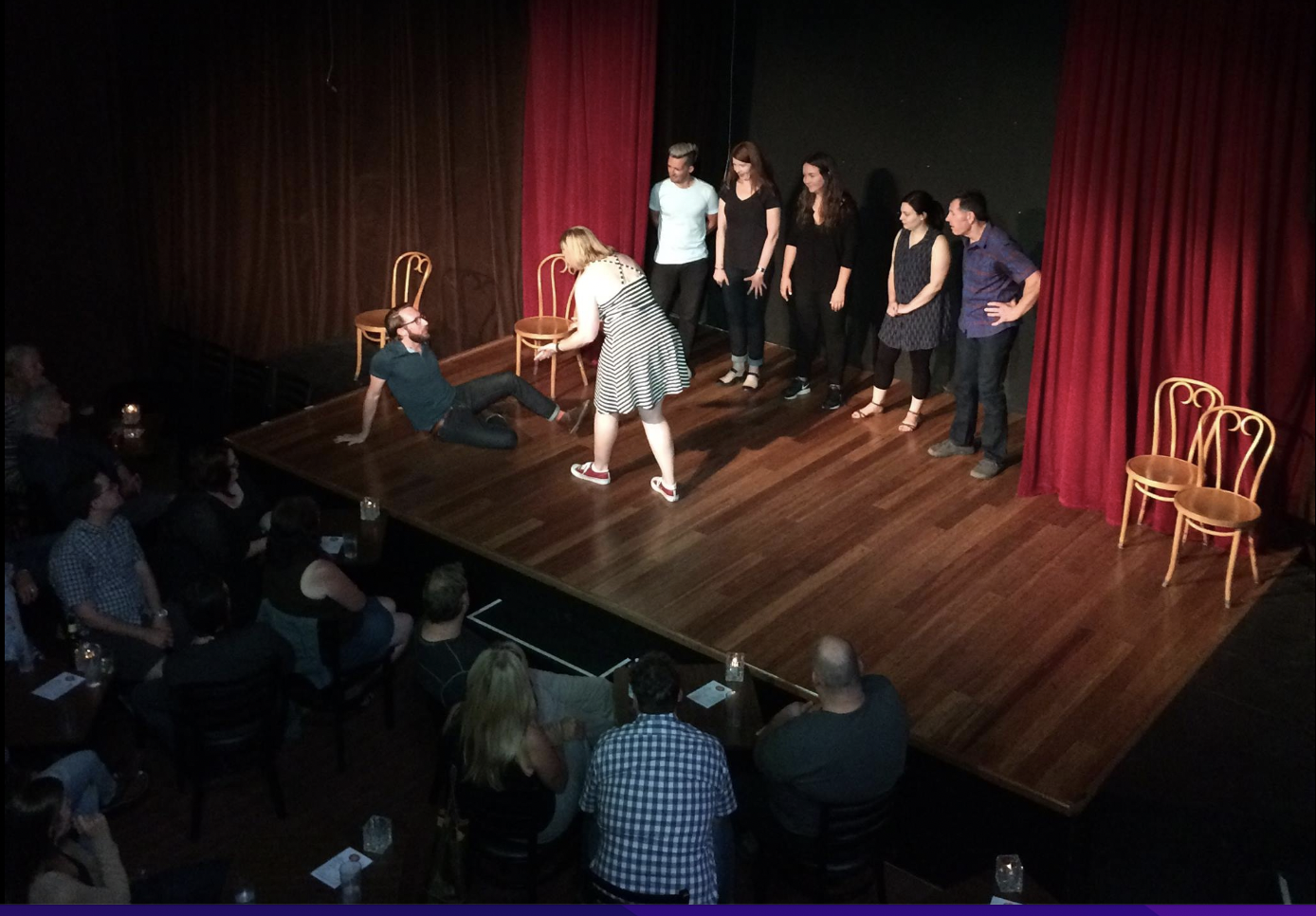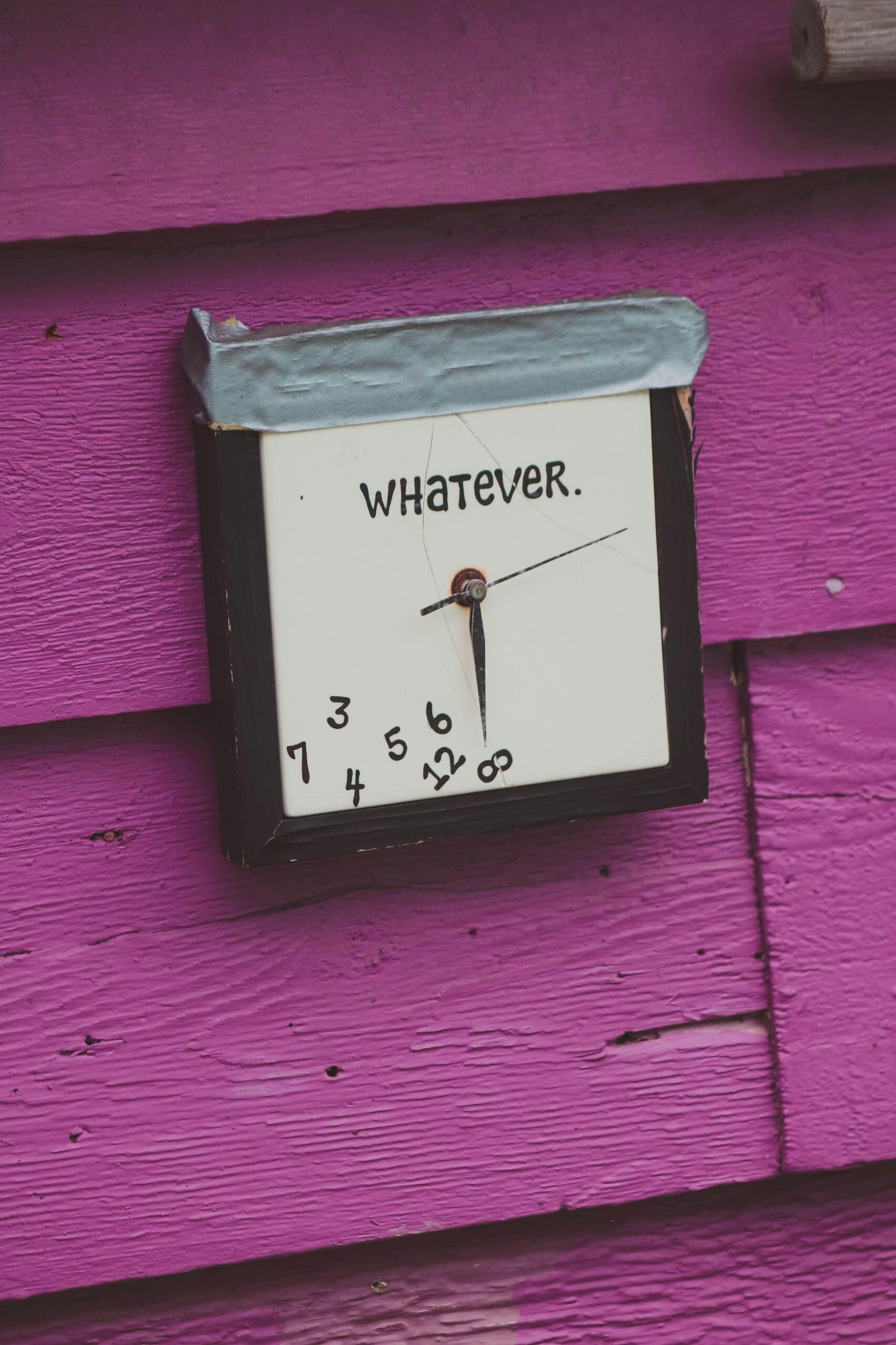Here is the LAST mental health skill for the New Year! And we absolutely CANNOT do this one alone.
This is a good thing.
(To find the other posts for the New Year, here is the first (what to do first), the second (two ways to regulate), the third (easy mindfulness), and the fourth (sitting with feelings in a non-sucky way)!
After three years working as a certified trauma, ptsd and grief recovery coach, (and 20 years in trauma recovery), I can tell you this with 100 percent certainty:
None of us have enough community. Me included. Our culture is built around independence, not social structures like multiple generations living in one household or a Main Street or a common purpose or meeting area in town.
But the thing is…Healing happens in community.
BUT HOW DO WE CULTIVATE COMMUNITY IN A CULTURE THAT DOESN’T SUPPORT IT? AND AFTER WE HAVE BEEN SO DEVASTATED BY ABUSE AND TRAUMA?
Build safety within yourself WHILE building a safe community.
How is that possible? Ah-ha! The four previous mental health skills build on each other! ⬇️ ⬇️ ⬇️
Skills Build on Each Other
One thing about trauma, ptsd, and grief recovery is that skills build on each other.

Similar to how these New Year posts are structured, like a pyramid – first, check and maintain your physical body. Then incorporate practicing how to regulate your nervous system, which is practicing physiological health. The next skill on top of those two is practicing being in the present moment.
On top of those skills, we have the practice of identifying, naming, feeling, expressing, and communicating our feelings. Being able to practice these skills in conjunction makes it easier to build community.
Do you “have” to “master” each skill before moving on? Nope! Practicing each skill from the bottom to the top simply makes the next one easier to do. For example, it’s easier to practice being in the present moment when you’ve had some rest, eaten nutritious food, taken your meds, and practiced feeling what it’s like to be in a regulated state.
Stepping out into community and creating/maintaining relationships is much easier to do in healthy ways when you have a center point of safety within yourself and skills to maintain that safety.
Trauma Disconnects. Community Reconnects.
One of the first intentional ways that I invested in myself and community was to take an improv class at Curious Comedy Theater. (since then, there’s a lot of anecdotal evidence online that comedy improv is a valuable way to deal with PTSD).
In 2010, I was no longer teacher elementary or junior high. I was isolated and bored. I felt a bit stuck.
The kids I had worked with – and others – consistently made the comment, “You are strict, but you are FUNNY.”

I wondered if I really was funny, so I decided to try taking comedy classes to see how I measured up “in the real world.”
During my very first improv class, we stood in a circle to do warm ups. Our first warm up involved…LOOKING PEOPLE IN THE EYE. Simple eye contact.
I started flop sweating. I bent over at the waist, hands on my knees, feeling slightly ill. I didn’t know if I could do it.
But I DID. During those 8 weeks, I also learned valuable improv skills, how to trust other people, make eye contact CONSISTENTLY, and commit to a bit, among other things.
If I’m completely honest, I miss playing on stage in this way. And I’m confident that at some point, I’ll have the capacity and time to go back. But even though I no longer take those classes, I’m still friends with a lot of comedy people. They are now part of my longterm community.
How to Invest and Build
It can be hard to make friends, especially as adults. But we NEED people.

One thing I figured out early on is that my personality lends itself to making friends while doing a common task. Maybe you’re like me, and need to be with people for awhile before interacting with them.
Here are some ideas for building community, especially those that involve tasks.
*Classes – take or teach classes. Many different kinds of classes are offered through county parks and rec departments, which make them more affordable. This may be a great time to try that hobby that you’ve always wanted to explore.
*Spiritually-based communities – go to services, volunteer, ask questions. This can feel risky for a lot of people who have experienced trauma, I get it. But the benefits may outweigh the risks!
*Community centers – there are many opportunities for getting involved in your local community through community centers. Game nights, dinners, dance classes, yoga, qi gong, painting, feeding the hungry, meals on wheels – the list goes on.
…And More Ideas for Building Community
*Volunteer somewhere – When I was teaching elementary and junior high kids, there were typically a couple of adults who came in to read with and work with kids. The kids LOVED them. One of the places that I would like to volunteer is the hospital NICU – both of my children spent weeks in the NICU when they were born, and it is a sacred space that I would love to contribute time and energy to.
*Buy Nothing, Master Gardeners, hyper-local groups – I started my Buy Nothing journey shortly before the pandemic and honestly, it helped save me from total despair. I got to know and trust my neighbors through the acts of giving and receiving. I now have a network in which we call on each other with needs. It’s wonderful.
*Talk with and spend time with neighbors and work friends – start with who and what you already know. Do something COMPLETELY outside of work or regular life.
*Spend more time with friends you already have – Go out and have lunch or dinner. Explore the city. Deepen the valuable relationships that already surround you. Feel what it feels like to develop that depth.
And, I’m sure, more!
Healing Happens in Community

I have discovered this over and over again –
Abuse and pain happen in relationships.
Guess what helps heal those wounds?
Relationships.
Full circle. Absurdly so.
We do not heal in a vacuum.
Try Trauma Recovery & Grief Recovery Coaching

Sign up here to get a free copy of Five Things Every Trauma Survivor Needs to Know
Find out more about Trauma and Grief Recovery Coaching
I offer one-on-one sessions, groups, PTSD Remediation, and classes. Appointments are offered in-person and online.
Try Trauma Recovery and Grief Recovery Coaching for Free! Book an appointment or schedule your FREE 30-minute discovery call to learn more!








